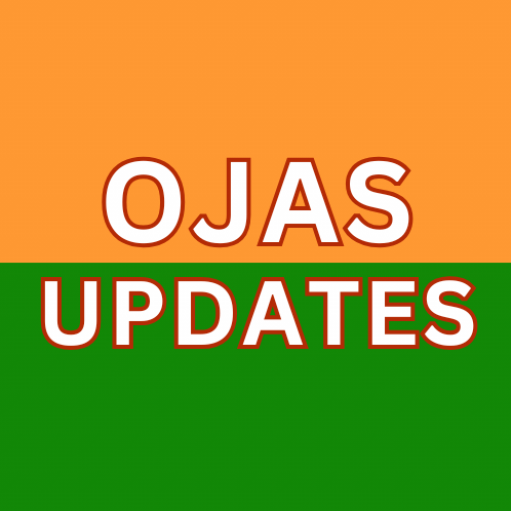In today’s Globalized world, a country’s education system is one of its most valuable assets. It not only shapes future generations but also drives innovation, economic growth, and social progress. From early childhood education to university-level academia, certain nations consistently set the benchmark for excellence.
Here’s a look at the Top 10 Countries with the Best Education Systems in 2025, based on global rankings, academic performance, access to quality education, and innovation.
1. Finland
Why it leads: Finland remains a global leader in education, thanks to its student-centered approach, minimal standardized testing, and highly trained teachers. Children don’t start formal schooling until age 7, yet they consistently score high in reading, math, and science.
- No homework-heavy system
- Equal access for all students
- Focus on creativity and critical thinking
2. South Korea
Strengths: South Korea places immense value on education, with a strong emphasis on discipline and academic achievement. Despite concerns over pressure on students, its system produces some of the highest literacy and numeracy rates globally.
- High student performance in STEM
- Competitive academic environment
- Extensive after-school programs
3. Japan
Excellence in fundamentals: Japan’s education system emphasizes respect, structure, and diligence. Students consistently outperform in international assessments such as PISA, especially in math and science.
- Strong moral and character education
- Emphasis on early education
- Top-performing universities in Asia
4. Canada
Balanced and inclusive: Canada ranks highly in reading, science, and math. Its education system is publicly funded and equitable across provinces, with a strong focus on diversity and inclusion.
- High literacy rates
- Immigrant-friendly policies
- Emphasis on well-being and equity
5. Netherlands
Progressive yet structured: The Dutch education system is known for its innovative teaching methods and variety of schooling options. Dutch students score above average in global benchmarks, and the system allows for a balanced school-life approach.

- Multilingual education options
- Student tracking and specialization
- High levels of student happiness
6. Singapore
Global academic powerhouse: Known for its rigor and consistency, Singapore’s education system produces top-tier students year after year. The curriculum is well-structured and constantly updated to meet modern challenges.
- Top global rankings in STEM
- Strong teacher training programs
- Emphasis on bilingualism
7. Sweden
Child-centered and creative: Sweden promotes student autonomy, with minimal pressure and a strong focus on lifelong learning. Education is free, and innovation is encouraged from an early age.
- Focus on equality and access
- Strong support for special education
- Technology integration in classrooms
8. Germany
Strong vocational pathways: Germany combines academic excellence with practical training through its dual education system, which integrates apprenticeships with classroom learning.
- Tuition-free universities
- High-quality technical education
- Strong links between education and industry
9. Australia
Quality and diversity: With a mix of public and private institutions, Australia offers high-quality education from early years to tertiary levels. International students also find its universities attractive and reputable.
- Emphasis on research and innovation
- Holistic curriculum design
- Robust student support systems
10. United Kingdom
Tradition meets innovation: Home to some of the world’s most prestigious universities, the UK blends academic rigor with innovative teaching methods. It offers a wide range of programs and world-class research institutions.
- Strong university system (e.g., Oxford, Cambridge)
- Comprehensive national curriculum
- Focus on individual student progress
Final Thoughts
While these rankings can shift slightly from year to year, what remains consistent is the role education plays in shaping a nation’s future. Whether it’s through innovation, inclusiveness, or academic excellence, these countries are setting the global gold standard in 2025.

